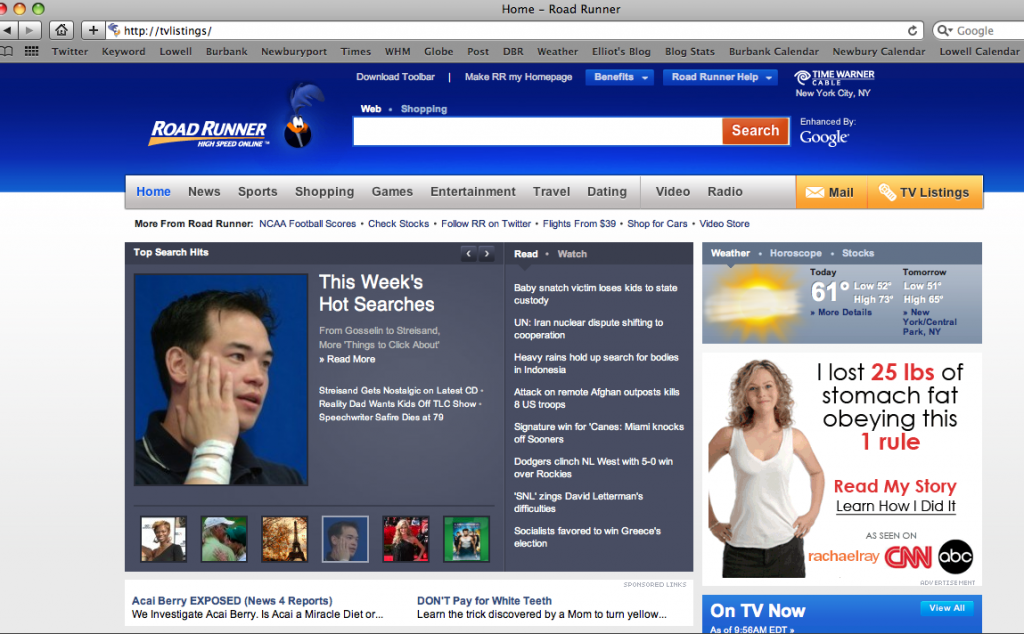A few days ago, I received an email from someone who is new to the domain industry who asked me for my opinion on some of his 200 domain names. He started out buying domain names in the past year, and probably has spent in the ballpark of $2,000 on his domain investments. I won’t reveal any more details about the person or his names because the details don’t really matter, but most of his names were call to action domain names involving trademarks.
In the email to me, this person mentioned Rick Schwartz’s sale of iReport.com to CNN as a reason that he registered some of the names. I replied to this person with my advice, and I think it could be beneficial to others who have similar names or have considered purchasing similar names.
“The reason Rick sold iReport.com to CNN for so much was that they had already created the brand on their site, and they needed the domain name to expand. Rick didn’t buy ireport.com to sell it to them, or else they probably would have sued him rather than try to buy it.
As someone who worked at an ad agency for a couple of years, I can tell you that creative directors love coming up with their own ideas, and they would probably not use a slogan that someone else created. [XYZ Company] probably has an ad agency of record and doesn’t do their own campaigns (although they approve them).
I personally stay away from all trademark related names, because they can be much more trouble than they’re worth. Some people justify buying those that make money with parking pages by making a business decision (revenue outweighs risk). That’s not my game, and I highly doubt any company will pay for a name using their TM if it doesn’t mean anything to them.“
In my opinion, newly registered domain names that contain the name of a popular or well known brand are not of value and can be very risky and have little to no reward whatsoever. Many companies protect their brand names fiercely, and it’s not very likely that a company will buy worthless domain names from a cybersquatter.
While lawsuits involving trademark domain names are more rare than UDRP filings, I would say the likelihood of selling a blatant trademark name that you just registered is probably just as likely as a lawsuit.






 When a company advertises in media that requires the viewer to visit the company’s website subsequent to seeing the advertisement (like television, radio, newspaper, billboards…etc), it’s important that the company own potential typo domain names. People have a short memory, especially when they are doing other things, and there is strong potential for them to type-in the wrong domain name.
When a company advertises in media that requires the viewer to visit the company’s website subsequent to seeing the advertisement (like television, radio, newspaper, billboards…etc), it’s important that the company own potential typo domain names. People have a short memory, especially when they are doing other things, and there is strong potential for them to type-in the wrong domain name.